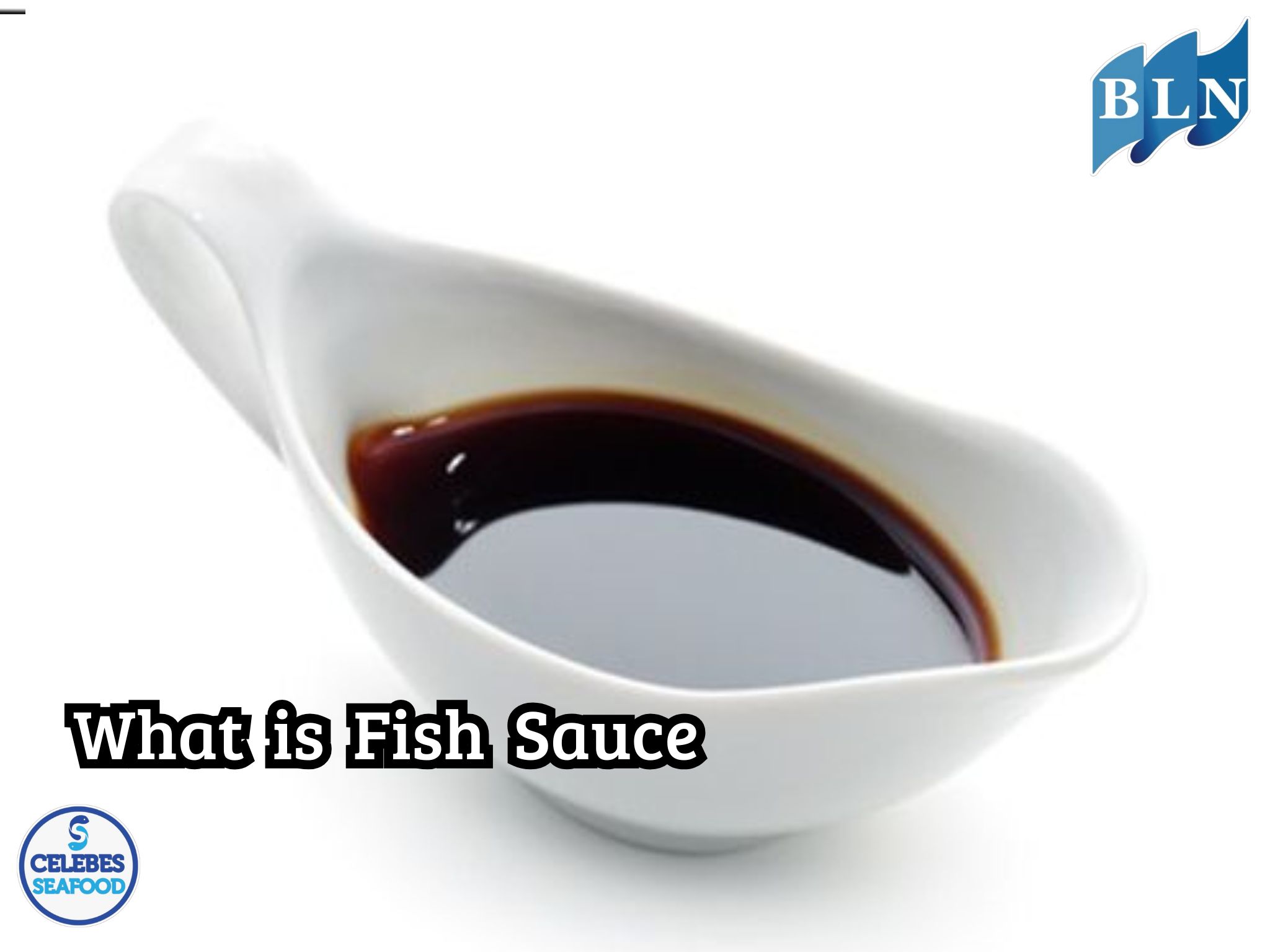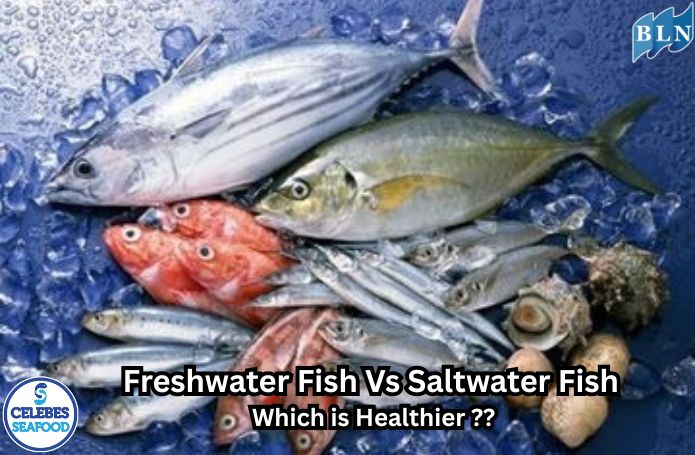10 Benefits of Skipjack Tuna, Plus Tips for Safe Consumption
By. Rani - 08 Apr 2025
lausantara.com Indonesian tongues may be familiar with the taste of tuna. Behind its delicious taste, tuna contains many nutrients and benefits that are good for the body. What are they? Read on to find out the answer!
Nutritional content in tuna fish
The scientific name of skipjack tuna is Euthynnus affinis. This type of fish is widely found in the waters of the Pacific Ocean, including in Indonesia and other Southeast Asian countries. This fish with blackish white flesh is often also called small tuna ( mackerel tuna ). Tuna still comes from the same family as tuna and mackerel, namely the Scombridae family .
That is why the nutritional content in these three types of fish is more or less the same. One serving of tuna (100 grams) contains the following nutrients.
- Air : 74,03 gram (g)
- Calories : 100 kcal.
- Protein : 14 g.
- Carbohydrates : 8 g.
- Fat : 1.5 g.
- Kalsium : 92 mg.
- Iron : 1.7 mg.
- Fosfor : 606 mg.
- Potassium : 227 mg.
- Sodium : 202 mg.
- Seng : 1,6 mg.
- Niacin : 6.6 mg.
Benefits of tuna for health
Here are some of the health benefits of consuming tuna.
1. Fulfill protein needs
You can use tuna as a cheap and cheerful alternative to animal protein to complete your daily requirement (RDA). The protein content in 100 g of tuna meets around 22% of your daily protein needs. Protein is important for building new cells and tissues in the body to replace damaged ones. In addition, protein can help repair damaged cells, improve the immune system, and strengthen bones and muscles. If your body lacks protein, you are at risk of experiencing low immunity, wounds on your body take a long time to heal, and your body often feels tired.
2. Helps lose weight
Tuna can also be a food menu for those of you who are on a weight loss program. The benefits of tuna are obtained because this fish is a low-calorie food, namely it only contains 100 calories per 100 gram serving. In addition, this fish, which is related to skipjack tuna and tuna, also contains high levels of protein. Eating high-protein foods can lower levels of ghrelin , a hormone responsible for stimulating hunger. As a result, you can reduce your appetite and prevent excessive food cravings.
3. Maintain body electrolyte levels
Additional sodium intake from tuna provides good benefits for maintaining fluid balance in the body.To stay consistent, the kidneys are responsible for maintaining sodium levels by excreting excess urine and sweat. However, when the amount that comes in and that comes out is not balanced, the total supply of sodium in the body is affected. When sodium in the body is low (hyponatremia), you are susceptible to dehydration, vomiting, and diarrhea. Well, eating tuna fish that contains sodium can help you avoid these problems.
Read to : 8 Interesting Facts About Mackerel
4. Improves thyroid gland health
Tuna also has another benefit, which is maintaining the health of your thyroid gland. This benefit comes from the selenium content. The thyroid gland located in the neck functions to regulate metabolism, produce hormones, and maintain the body's energy levels. If your thyroid gland is disturbed, you are at risk of experiencing symptoms such as drastic weight changes, changes in bowel movements, and even decreased sexual function.
5. Helps improve brain function
The next benefit of tuna is maintaining brain function. Tuna has many nutrients that are important for the brain, such as omega-3 fatty acids and niacin. Niacin may reduce the risk of Alzheimer's disease and age-related dementia. Meanwhile, omega-3 fatty acids can improve brain function and may prevent mental health problems, such as depression.
6. Rich in antioxidants
Antioxidants are compounds that can neutralize free radicals that are harmful to the body. The accumulation of free radicals in the body can damage cells and cause many risks of disease, including cancer. A study in the journal nutrients revealed that tuna contains high levels of selenoneine , an antioxidant that can help reduce the development of colorectal cancer cells. However, this research has only been conducted on animals, so further testing is needed to see the potential benefits of tuna as a cancer treatment in humans.
7. Reduces inflammation
Inflammation is actually a normal body response that occurs when the immune system works against viruses or bacteria. Usually, the inflammation will go away on its own as the disease heals. However, inflammation that occurs over a long period of time can increase the risk of certain diseases, such as heart disease, diabetes, and cancer. Well, tuna contains omega-3 fatty acids which can help speed up the healing process of inflammation.
8. Reduces the risk of heart disease
The omega-3 fatty acid content found in cod can also help reduce the risk of heart disease. This is because omega-3 fatty acids can lower triglycerides and slow down the formation of plaque in blood vessels that occurs due to fat accumulation. Not only that, omega-3 fatty acids can help lower high blood pressure and keep your heart healthy.
9. Prevent anemia
Anemia is a disease characterized by a lack of red blood cells in the body. This condition can be caused by a lack of iron intake. Iron is an essential mineral that plays a role in the formation of hemoglobin, a component of red blood cells. Tuna is a seafood rich in iron. As much as 100 grams of tuna fulfills about 18% of daily iron needs. Therefore, regularly consuming tuna can help prevent anemia.
10. Maintain bone health
The next benefit of tuna is that it helps maintain bone health. This is because this seafood contains calcium and vitamin D. Calcium together with phosphorus plays an important role in forming minerals that maintain bone density. Vitamin D will help the absorption of calcium minerals in the bones.
So, consuming foods that are high in calcium and vitamins, such as tuna, can strengthen bone structure and reduce the risk of osteoporosis.
Read to : Deep Sea Secrets: Revealing the Habitat and Distribution of Goldband Snapper Fish
Pay attention to this before eating tuna
In order to get the maximum benefits, there are several things you should pay attention to before eating tuna.
1. Avoid eating too much tuna
Tuna is one of the types of fish that is most susceptible to mercury contamination. Excessive exposure to mercury can cause damage to the skin, digestive tract, nervous system, kidneys, and even the brain and heart. To reduce the risk of excessive mercury consumption, it is best to eat tuna only twice a week.
2. Reduce consumption of canned tuna
You are also advised to avoid eating canned tuna. Canned fish generally contain a lot of sodium. Excessive sodium intake can increase the risk of high blood pressure. As a result, you may not get the benefits of tuna. To overcome this, you can rinse canned fish with water several times before processing. This method can remove sodium levels in canned fish by at least 80 percent. Even though it is rich in nutrients that are good for your health, you still have to be careful when consuming tuna, especially if you have a seafoods allergy.
If allergic reactions such as rashes, swelling, or shortness of breath occur after consuming this fish, contact a doctor immediately for further treatment.
If you are interested in our product SLIPPER LOBSTER WHOLE ROUND, SLIPPER LOBSTER MEAT, Coral Trout Fillet Skin On,OCTOPUS WHOLE CLEANED FLOWER TYPE please do not hesitate to contact us through email and/or whatsapp.








